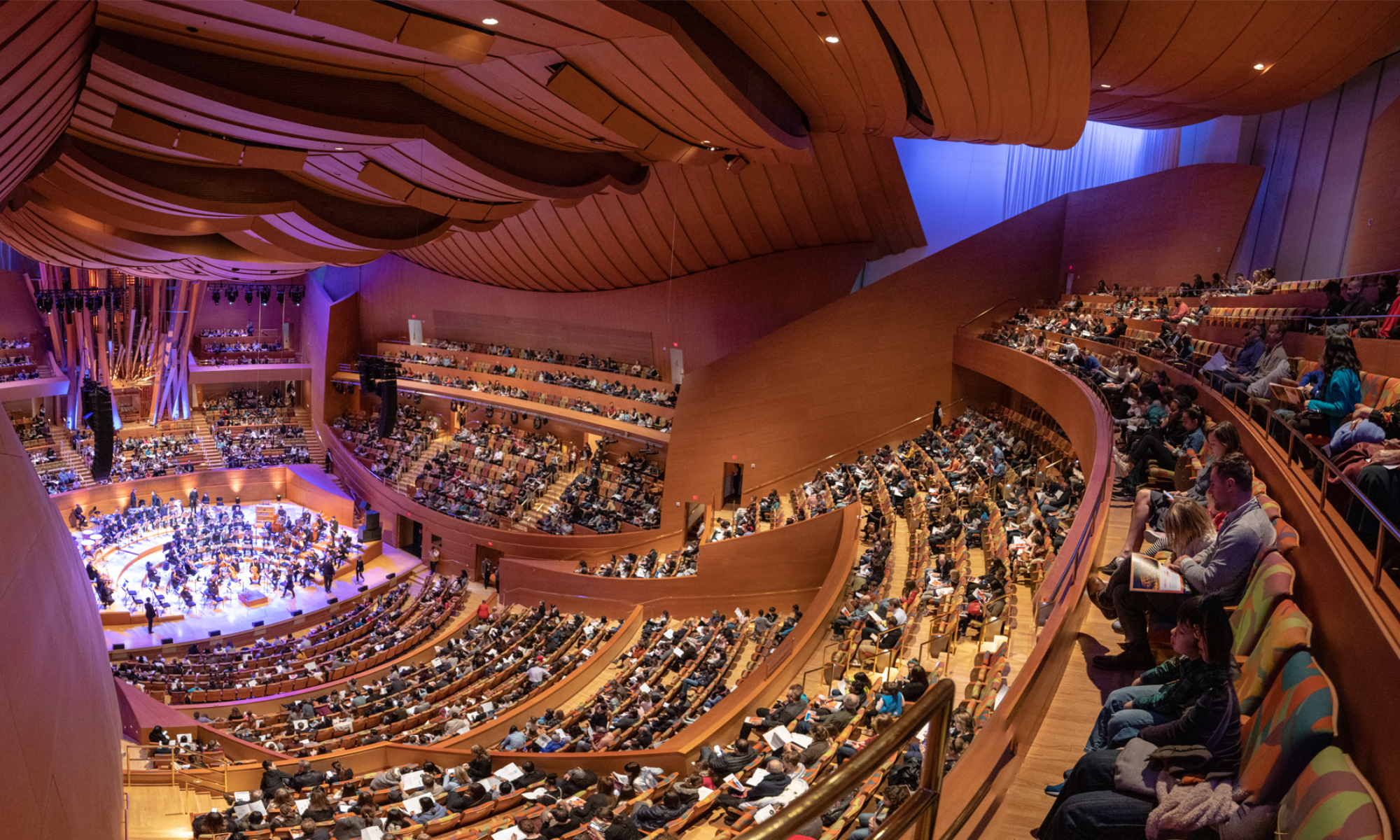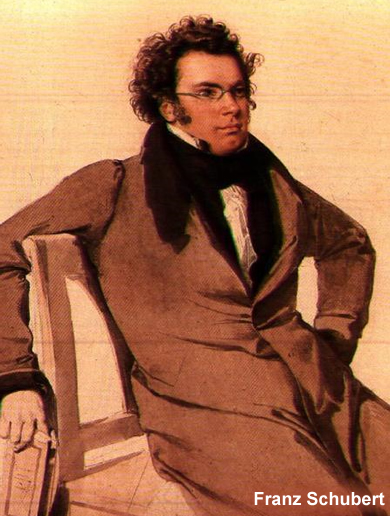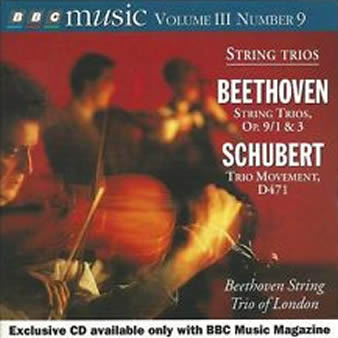 Ludwig Van Beethoven (1770-1827)
Ludwig Van Beethoven (1770-1827)
String Trio in C Minor, Opus 9/3
Franz Schubert (1797-1828)
String Trio Movement in B-flat, D471
Beethoven String Trio of London – BBC Music
Recorded at Haberdashers’ Aske’s School, Elstree, Herts in January 1994
ONE-SENTENCE REVIEW:
I’m back after a couple of months of intense real work and so are Beethoven and Schubert!
ORIGINAL LINER NOTES (by Ruth Waterman):
Beethoven String Trios – Opus 9/1 & 3
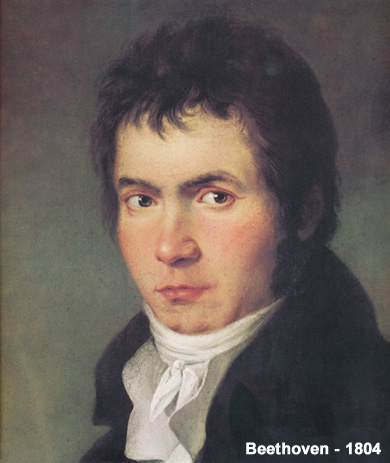 Beethoven write five works for string trio, all composed before any of his quartets.
Beethoven write five works for string trio, all composed before any of his quartets.
The three trios of Opus 9 were dedicated to Count Browne, a wealthy patron of Irish descent.
As in Beethoven’s first set of three piano trios, (Opus 1), the third is in the key of C minor and it expresses the turbulence that seemed to emerge whenever Beethoven wrote in that key.
There is tremendous verve in the two trios on this disc, as each player is treated as a virtuoso and subjected to equal demands.
Both trios open with a statement in unison, but the show of unity quickly disintegrates in the quest for individuality; and both slow movements reveal Beethoven’s supreme lyricism.
Schubert Trio Movement, D471
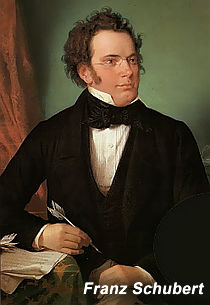 A first movement and forty bars of a second are all that Schubert completed before abandoning his trio.
A first movement and forty bars of a second are all that Schubert completed before abandoning his trio.
Shortly afterwards, he wrote another trio, also in B-flat (D581), that stands as his one complete magnificent contribution to this genre.
However, the Allegro heard here is a gem in its own right; a shining example of his gentle lyricism, his playfulness, and his fondness for veiling his melodies in wistfulness.
Written in September 1816, it was most likely included for performance at one of his popular house-concerts, in which he would have played the viola part.
TRACK LISTING:
- 1-4: Beethoven Trio in G, Opus 9/1 [30:12]
- 5-8: Beethoven Trio in C-minor, Opus 9/3 [26:05]
- 9: Schubert Trio Movement in B-flat, D471 [5:58]
FINAL THOUGHT:
Solid works but not all that exciting in the playing (not like the clip above!) This is another of the free discs that came with my BBC Music Magazine subscription in the 1990s. But I’m just so happy to be back doing this and not my real job that I’m giving it a higher rating than it deserves.
 Emily Sachs – President – Manka Music Group (A division of Manka Bros. Studios – The World’s Largest Media Company)
Emily Sachs – President – Manka Music Group (A division of Manka Bros. Studios – The World’s Largest Media Company)
